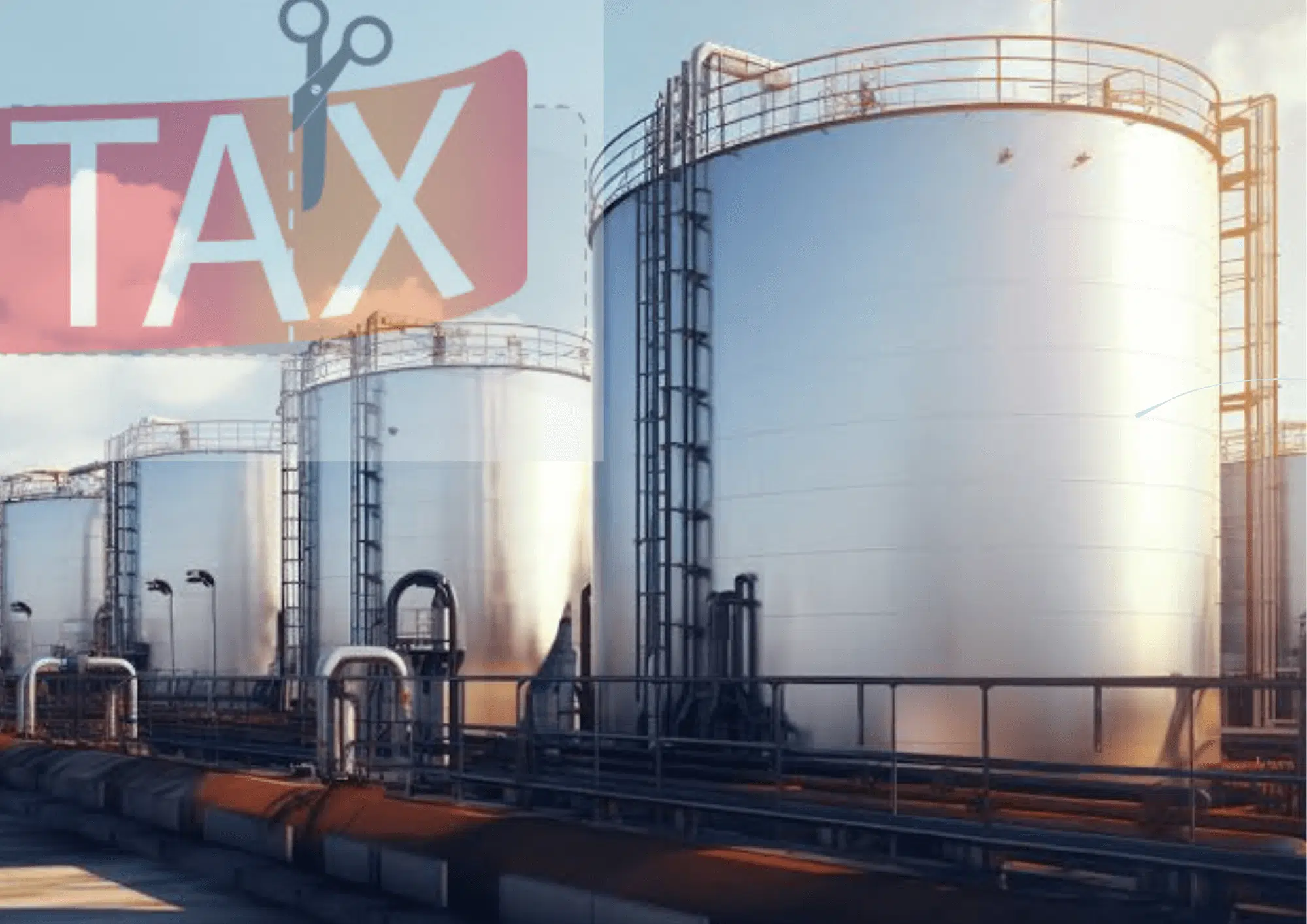As the clock struck midnight on January 1, 2025, businesses in Nigeria woke up to a new era in tax administration with the implementation of the 2024 Withholding Tax (WHT) Regulations.
Approved in July 2024 and gazetted in October 2024, these changes bring major relief to key industries, including manufacturers, energy producers, and small businesses, who will see exemptions and lowered rates. Let’s break it down and see how things are changing.
First, small businesses that make ₦25 million or less each year no longer have to worry about WHT. Before, even small businesses had to deal with tax paperwork and payments, which took time and resources. Now, they’re free from that burden, meaning they can put more money into growing their business.
Telecommunications companies, for example, used to pay high WHT rates even when they weren’t making huge profits. Under the new rules, they’ll pay lower taxes, especially on services like shared tower space. This will free up cash for them to build better networks and offer more services, making them more competitive.
For manufacturers, energy producers, and farmers, the changes are even bigger. These industries are now completely exempt from WHT. In the past, paying WHT meant they had to spend more on production, making local products more expensive. But now, they can save money and reinvest it into growing their operations.
For example, a local factory can upgrade its equipment, hire more workers, or make more products for local and international markets. Similarly, farmers can focus on producing more food without worrying about extra taxes.
The new rules are also cracking down on tax evasion. In the past, some businesses avoided paying full taxes by moving profits to countries with low taxes, claiming tax breaks, or using rules that let them write off costs faster. Now, the government is cracking down by requiring more detailed reports and doing more audits, which means businesses have to work harder to follow the rules.
Another big change is that businesses will find it easier to get tax credits. Before the changes, businesses paid WHT upfront but couldn’t easily use it to reduce their final tax bills. They had to file for refunds or apply it later, creating extra work. Now, businesses can directly use WHT payments as tax credits, making the process simpler.
Lastly, the new tax rules bring Nigeria’s system closer to global best practices, which is good news for businesses that deal with international clients or investors. With clearer definitions and updated rules, Nigeria is making it easier for businesses to operate, both locally and globally.






